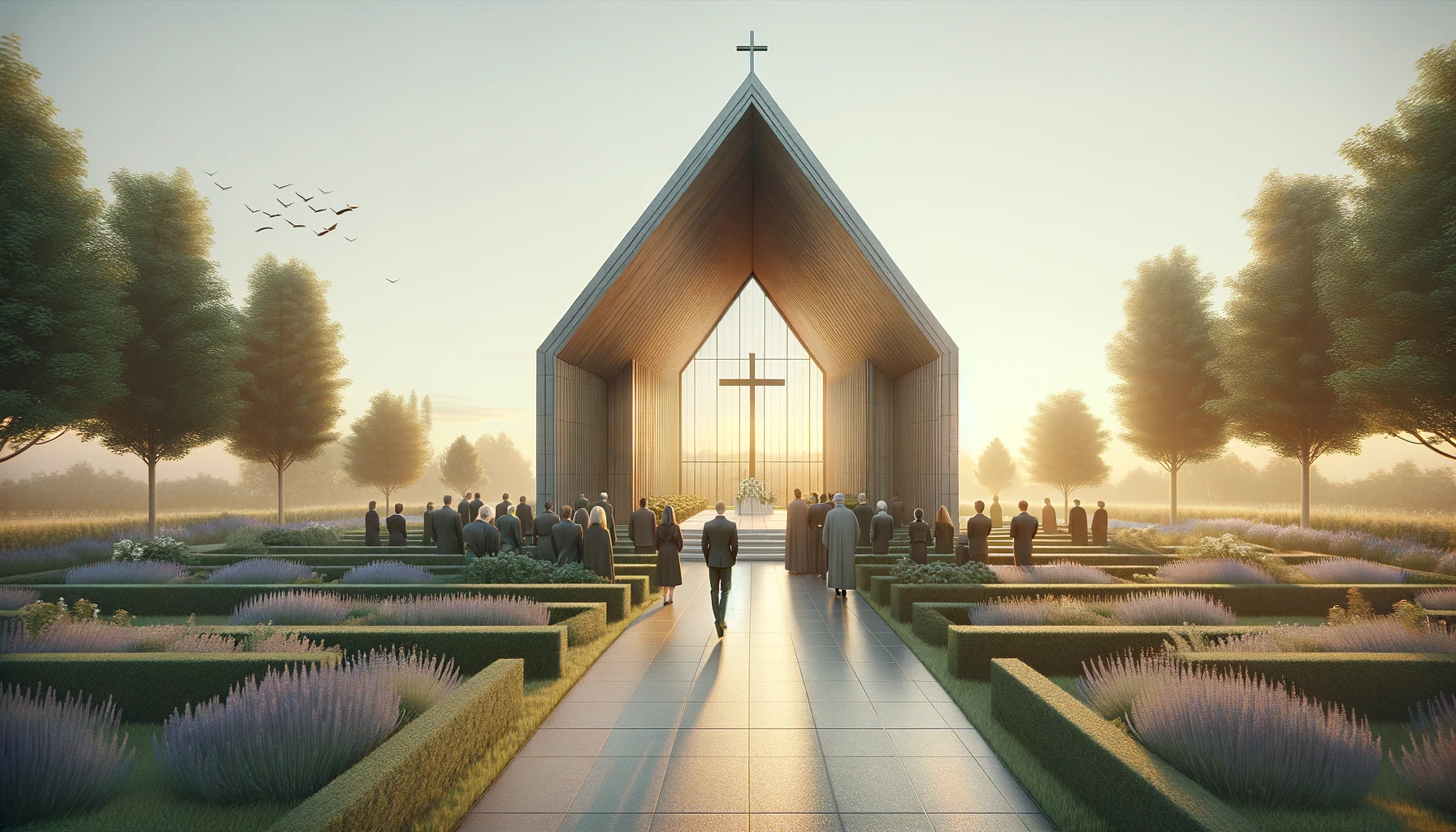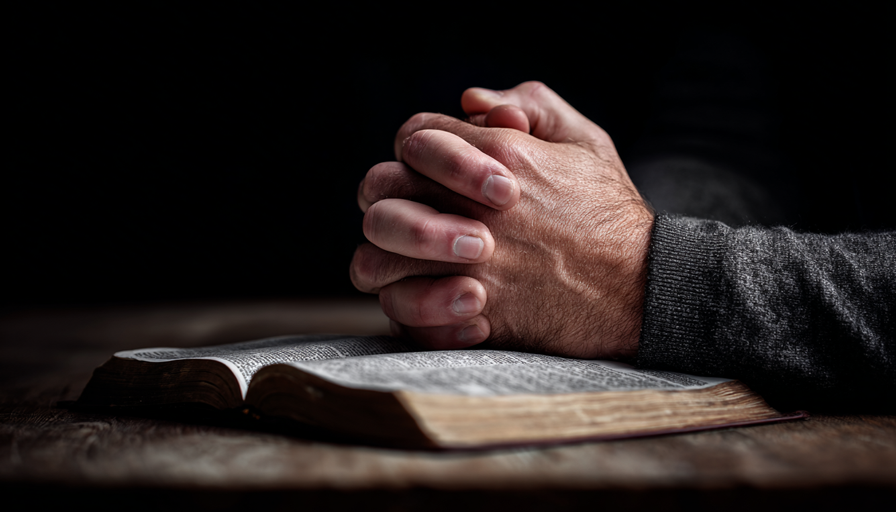How Long After Death is a Funeral in the UK?
Death is a subject that many people find hard to deal with, despite it being an inevitable occurrence, whether it happens naturally due to old age or because of illness or something else. Funerals and cremations go hand in hand with death. Although many believe there is an immediacy following a death, there is a structured timeline that is followed between the death happening and when a funeral can take place.
Generally speaking, on average, it is within a period of about 2 weeks after a death that most funerals and cremations take place. This article will delve into the subject in more detail, discuss why the typical timeline is in place, and look at the factors that influence the timeline. These factors can include the availability of a crematorium and funeral director to specific religious beliefs and circumstances involving the grieving family members.
How long, following death, does a funeral and/or cremation take place?
The average time following a death that a funeral and/or cremation takes place is normally one to two weeks in the UK. Certain factors can come into play that could extend that timeline, such as religious funerals; more on that later. If an inquest or post-mortem has been requested by a coroner or the Procurator Fiscal in Scotland, the funeral arrangements could be delayed significantly.
Traditionally, funerals occur during the week, and while many crematoriums and funeral directors offer weekend funerals, these are often only possible via requested bookings.
Cultural and religious factors affecting the timeline for funerals in the UK
As noted above, cultural and religious factors can affect the timeline for a funeral in the UK. This section will highlight the brief guidelines to consider when planning funerals for many of the main religions.
Sikh Funerals and Cremations
Generally speaking, a Sikh funeral should occur as quickly as possible, normally within three days of the death.
Jewish Funerals and Cremations
Traditionally, a Jewish funeral and/or cremation should take place just 24 hours after the death occurred. However, nowadays, this is less possible due to the availability of family members and other booking considerations.
Muslim Funerals
According to strict Islamic laws, cremation is forbidden, so it is unlikely that this would be an issue. Muslim funerals, depending on outside influences such as the cause of death, should take place within 24 hours after the death occurred.
Hindu Funerals and Cremations
As is the case with all of the above religions, a Hindu funeral and/or cremation should take place, ideally as soon as possible following the death. However, the best time is 24 hours unless there are extenuating circumstances and other factors that are taken into consideration.
How long can you delay a funeral in the UK?
If it is necessary to delay a funeral or cremation from taking place, the longest you can put this off, without good reason, is usually about three weeks. Again, it may depend on whether the police and other agencies and institutions engage in the investigation into the death and the circumstances that led to it occurring.
How different types of funerals can affect the timeline
Another aspect of the timeline for funerals and cremations following a death is the different types of funerals available. Below, we highlight some differences that could affect how long it takes to arrange the funeral.
Unattended Funeral
An unattended funeral, often called a direct funeral or cremation, takes place without any mourners present as well as a traditional service. As it is becoming harder and harder to settle on a date for a funeral, especially if many of the deceased's family and friends live elsewhere, this is a less hassled approach. The benefit of a direct cremation is that you can still have the funeral take place within the one to two weeks, or sooner than you may require. It is possible to arrange a separate celebration of life, memorial, or another type of service at a more convenient time for those who may wish to attend to pay their respects to the deceased.
Intimate Funerals
Intimate funerals are designed to allow smaller groups of family and loved ones of the deceased to gather for a short period in the chapel of a crematorium to reflect and say goodbye. This is perfect if you expect only a few guests to attend the funeral you are arranging or many people will not be able to attend within the short notice period of two weeks.
Family-Led Funerals
Family-led funerals are similar to most people's ideas of traditional funerals and cremations. However, they often omit many ceremonial elements and do not generally need the usual help and guidance of a funeral director. If you decide to have a family-led funeral and cremation for your loved one, you will be able to arrange for a service to take place in the chapel, similar to more traditional options.
Weekend And Evening Funerals
As weekend and evening funerals and cremations are atypical, you may have to wait a longer length of time before you can have one if that’s what you decide is best for your recently deceased loved one or friend. Most funeral directors and crematoriums offer evening and weekend services.
Summary
In conclusion, the standard time that most funerals and cremations take place following a death is one to two weeks. Some instances and situations may call for a quicker or longer period between the death and funeral taking, such as religious beliefs and customs, inquests and post-mortems, or family circumstances. Are you wondering what the cremation process entails? Read everything you need to know about the cremation process.
As part of the funeral preparation, you may require an urn for ashes. We understand that it is an emotional time in which a lot of decisions need to be made. We offer a wide range of urns and keepsakes to choose from. If you need any support, please feel free to contact us at any time, we are here to help as much as possible in making these decisions.

















